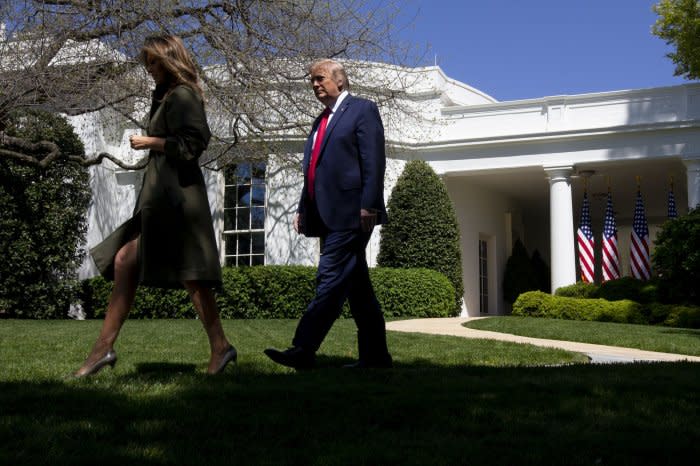On This Day, April 22: World leaders sign Paris Agreement on climate change
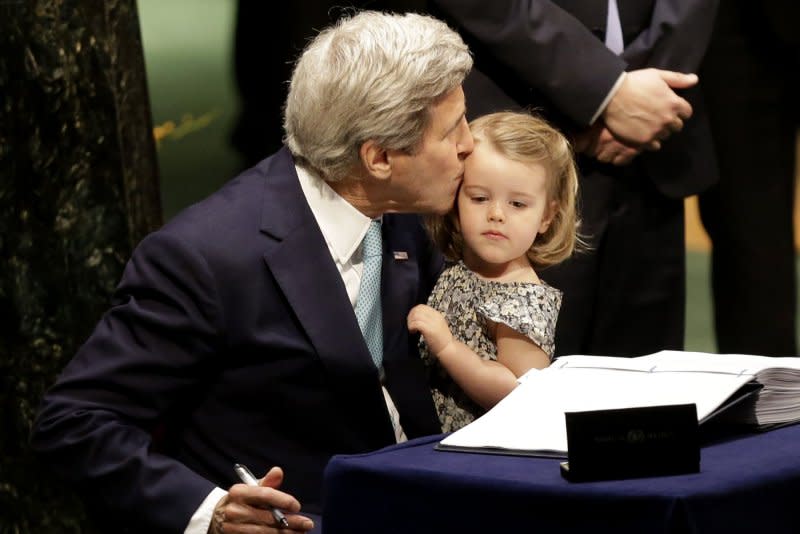
- Oops!Something went wrong.Please try again later.
- Oops!Something went wrong.Please try again later.
April 22 (UPI) -- On this date in history:
In 1500, explorer Pedro Álvares Cabral arrived in South America, claiming what would later be known as Brazil for Portugal.
In 1889, about 20,000 homesteaders massed along the border of the Oklahoma Territory, awaiting the signal to start the Oklahoma land rush.
In 1914, U.S. forces took control of the Mexican port city of Veracruz during the fighting of the Mexican Revolution.
In 1915, during World War I, German forces became the first to use poison gas on the Western Front during the Second Battle of Ypres.
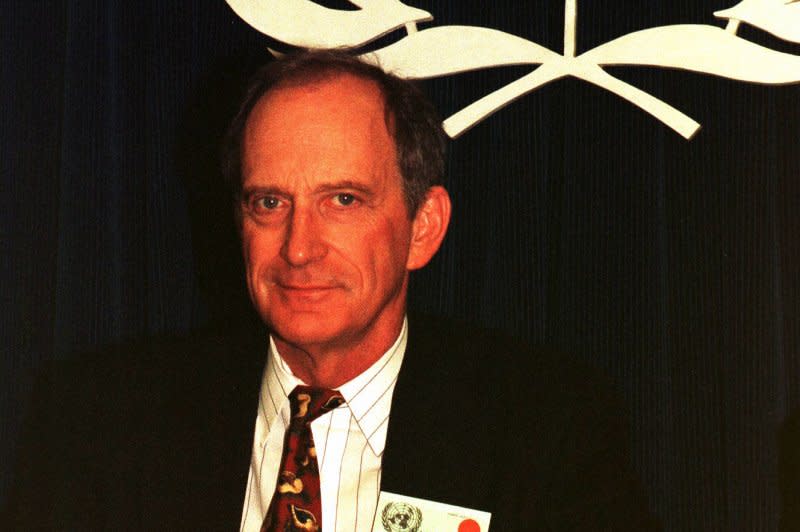
In 1954, the Army-McCarthy hearings began in which Sen. Joseph McCarthy, R-Wis., accused the Army go going soft on communism, while the Army said it was pressured to give a speedy commission to a McCarthy aide.
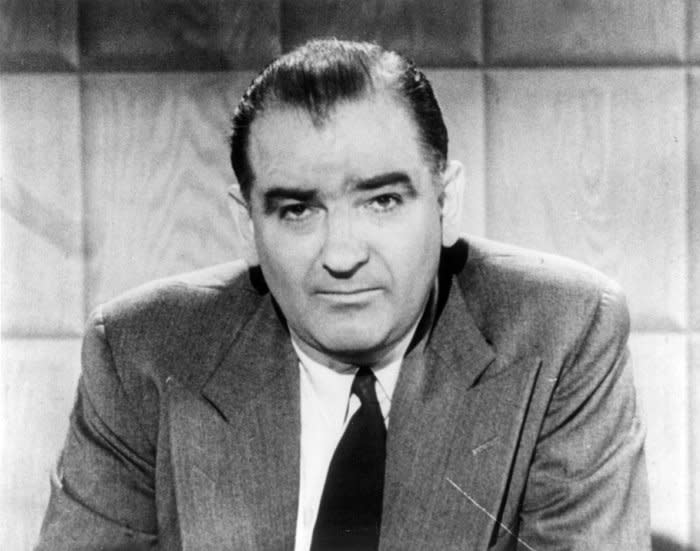
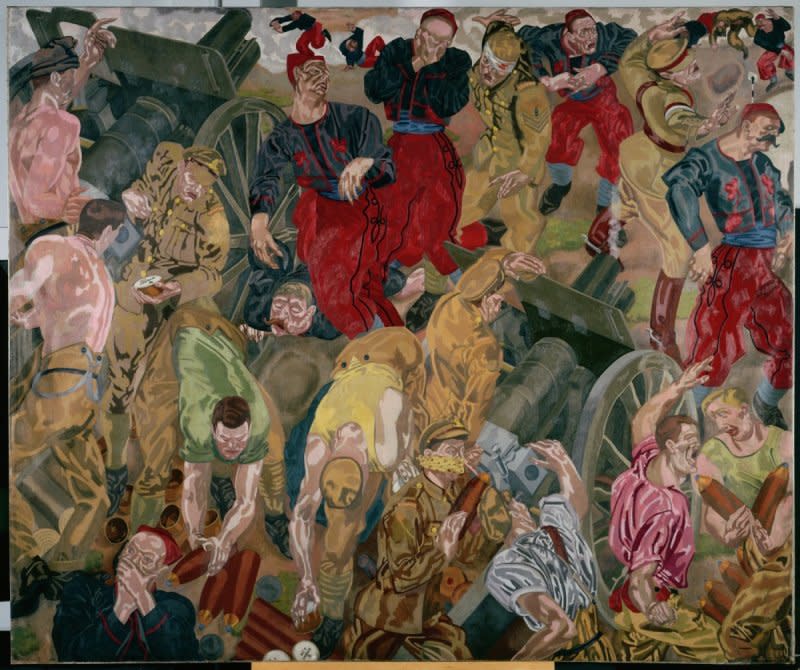
In 1970, Earth Day was first observed.
In 1972, Apollo 16 astronauts John Young and Charles Duke walked and rode on the surface of the moon for 7 hours, 23 minutes. Young, whose career with NASA began in 1962, would spend the next four decades as an astronaut, retiring in 2004 at the age of 74.
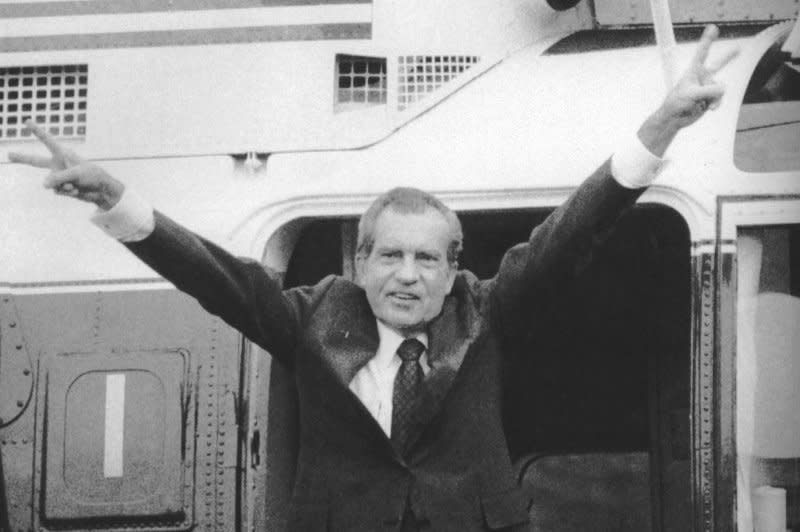
In 1985, Jose Sarney was sworn in as Brazil's first civilian president in 21 years.
In 1992, more than 200 people died when a gas leak caused sewers in Guadalajara, Mexico, to explode.

In 1993, the Holocaust Memorial Museum was dedicated in Washington, D.C.
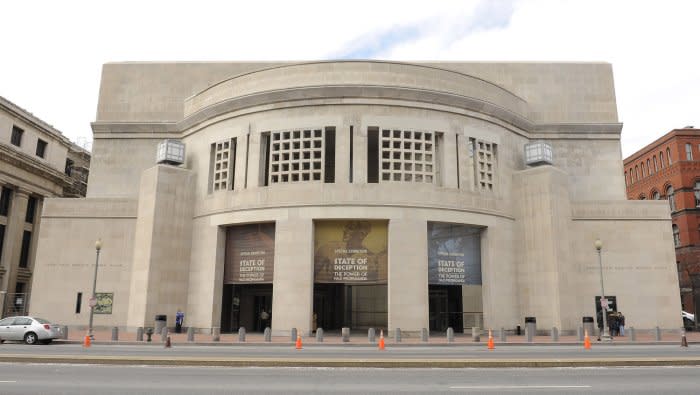
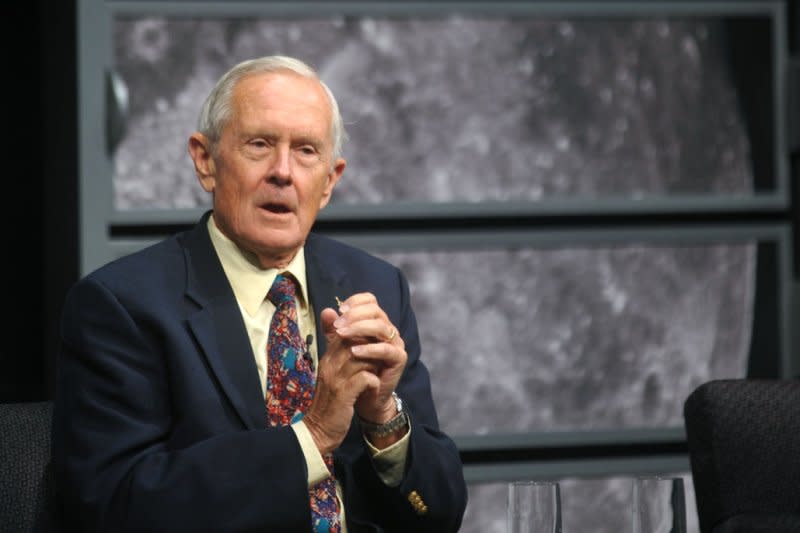
In 1994, Richard Nixon, the 37th U.S. president and the only one to resign from the office, died four days after having a stroke. He was 81.
In 1997, a 126-day standoff at the Japanese Embassy in Lima ended after Peruvian commandos stormed the building and freed 72 hostages held by the Tupac Amaru Revolutionary Movement. All 14 rebels were killed.
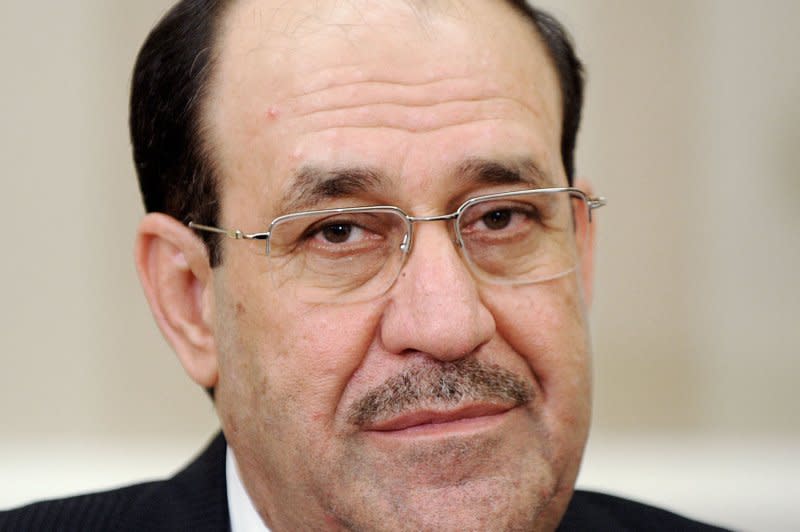
In 2004, former NFL star Pat Tillman, who turned down a lucrative contract with the Arizona Cardinals to join the U.S. Army Rangers, was killed in Afghanistan. The U.S. military said later he was a victim of friendly fire.
In 2005, Zacarias Moussaoui, the only man charged in the United States in connection with the September 11, 2001, terror attacks, pleaded guilty and was sentenced to life in prison.
In 2006, Iraq's Parliament ratified the selection of Nouri al-Maliki as prime minister, ending a four-month political deadlock.
In 2016, world leaders from 175 countries gathered in New York on Earth Day to sign the Paris Agreement, the first international accord that outlines steps to combat climate change and lower carbon levels by 2100.
In 2020, President Donald Trump signed an executive order to temporarily close U.S. borders to migrants during the COVID-19 pandemic.
